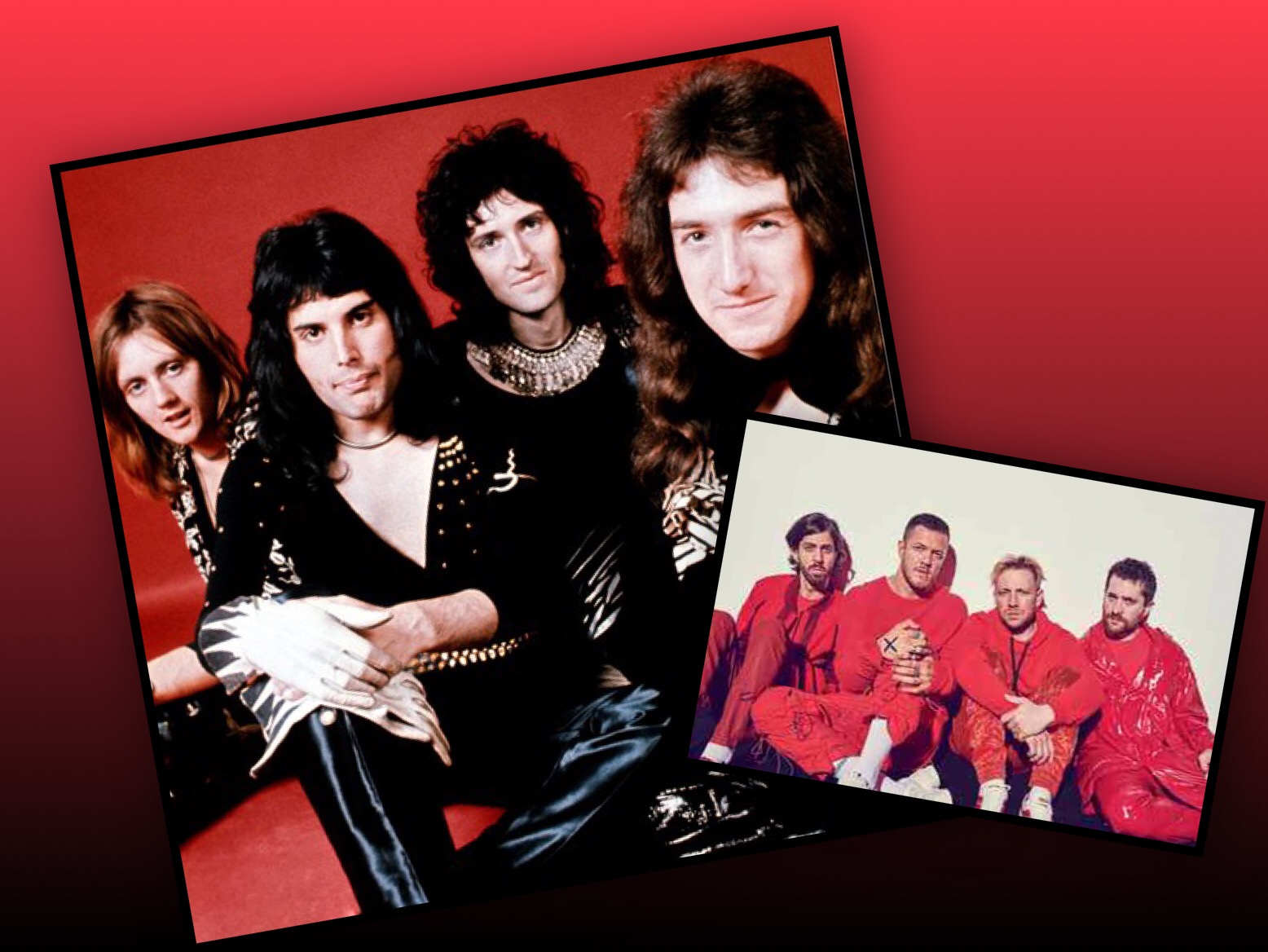To say rock music as we know it is “dead” may be a bit of an overstatement.
But one look at the Top Rock Albums chart in Billboard (dated June 8, 2019) and you get a sense for how new rock acts are faring – or not faring – on today’s musical landscape.

Now before we delve into the numbers, it’s important to explain how Billboard determines the charts each week.
The Top Rock Albums list, which is a genre-specific subset of the all-inclusive Billboard 200 chart, is calculated weekly using a formula that blends streams, digital downloads, and physical album sales (i.e., CD and vinyl). With streaming being the largest consumption component nowadays – and given that it’s the method of choice for most younger music consumers – one would think that the album chart would skew younger in its demographics.
Not so.
On this past week’s 50-position list – excluding soundtracks – only fourteen of the 50 albums were by rock acts whose first album was released this millennium. Another album is a soundtrack with questionable rock credentials featuring a mixture of 20th and 21st Century pop artists (the soundtrack to Netflix’ “13 Reasons Why,” Season 2). The remaining 35 entries are by acts who began recording in the 1900s.
Even more dubious for current rock musicians: the fourteen albums recorded by 21st Century artists (for this purpose, those whose first professional recording occurred after January 1, 2000) are spread between only nine different acts.
Hozier, Twentyone Pilots and Panic! at the Disco each have two albums on the chart while Imagine Dragons has three.
The other five entries are split one apiece between Vampire Weekend, The National, Five Finger Death Punch, Linkin Park and Lana Del Rey.
That’s it…only nine current artists account for the 14 albums by millennials on the current rock albums chart.
Conversely, of the 35 albums by older acts, 33 of them are by artists who began recording in the 1960s, ‘70s or ‘80s, including such legends as The Beatles, The Rolling Stones, Elton John, Led Zeppelin, Eagles, CCR, Steve Miller, Metallica, Billy Joel, Journey, Guns N’ Roses, Fleetwood Mac, Bob Seger, AC/DC, Tom Petty & the Heartbreakers and Queen, among others.

Queen – the iconic British group that is still reeling from last year’s Oscar-winning biopic – has three albums on the list, including the current No. 1 Bohemian Rhapsody soundtrack. Sitting right behind Queen at No. 2 is fellow British legend Elton John with Diamonds. John is likely to fare even better on the next chart; it will reflect the first full week of sales activity following the release of his own biopic Rocket Man last week.
In fact, eight of the top ten rock albums are by these legacy acts (and sixteen of the top 20).
This is a far cry from the beginning of the decade when current rock acts still ruled the list. Nine years ago, on the chart dated June 12, 2010, at least 40 of the 50 albums were by artists who had been recording for twenty years or less. Common to that list and the current one are Five Finger Death Punch and Vampire Weekend.
Which highlights another ominous statistic for the current state of rock. Of the nine “current” artists on this week’s rock chart, only three of them have been recording albums for ten years or less: Lana Del Rey, Hozier and Imagine Dragons. And they account for five albums on the list.
That’s it – five albums (out of 50) by artists who’ve emerged in the past ten years.
To add insult to this injury, most of the newer rock albums that chart high these days do so by way of traditional album sales generated from concert ticket/album sale redemption offers for the acts’ concert tours – or some other related merchandise purchase connection. This was the case most recently for Vampire Weekend, whose Father of the Bride album debuted at No. 1 (on both the Top Rock and Billboard 200 album charts) by virtue of such a concert redemption deal.
The following week the album tumbled from No. 1 to No. 27 (on the Billboard 200) when the ticket redemptions were no longer a factor. In just its fourth chart week it now sits way down at No. 92 on the Billboard 200 (and No. 11 on the Rock Albums chart).

So what does all of this mean?
Some will question whether these numbers truly reflect which vintage of rock music millennials favor given that they consume most of their music by streaming and the Billboard sales charts combine streaming with downloads and physical album sales.
But there’s an assumption here that – because the album sales charts are mostly impacted by streaming and due to the dearth of new artists on the list – younger fans are streaming older artists even more than they are contemporary ones.
Other doubters might dismiss this as just another piece of anti-rock propaganda that prematurely speaks of doom and gloom for today’s rock music in favor of the more popular genres of pop and hip-hop.
That’s not the scenario here at all. When all is said and done, it really is a commentary on rock within rock…or, more accurately, old rock vs. new rock.
Old rock still lives. New rock…not so much.
DJRob
DJRob is a freelance blogger who covers R&B, hip-hop, pop and rock genres – plus lots of music news and current stuff! You can follow him on Twitter @djrobblog.
You can also register for free to receive notifications of future articles by visiting the home page (scroll up!).



